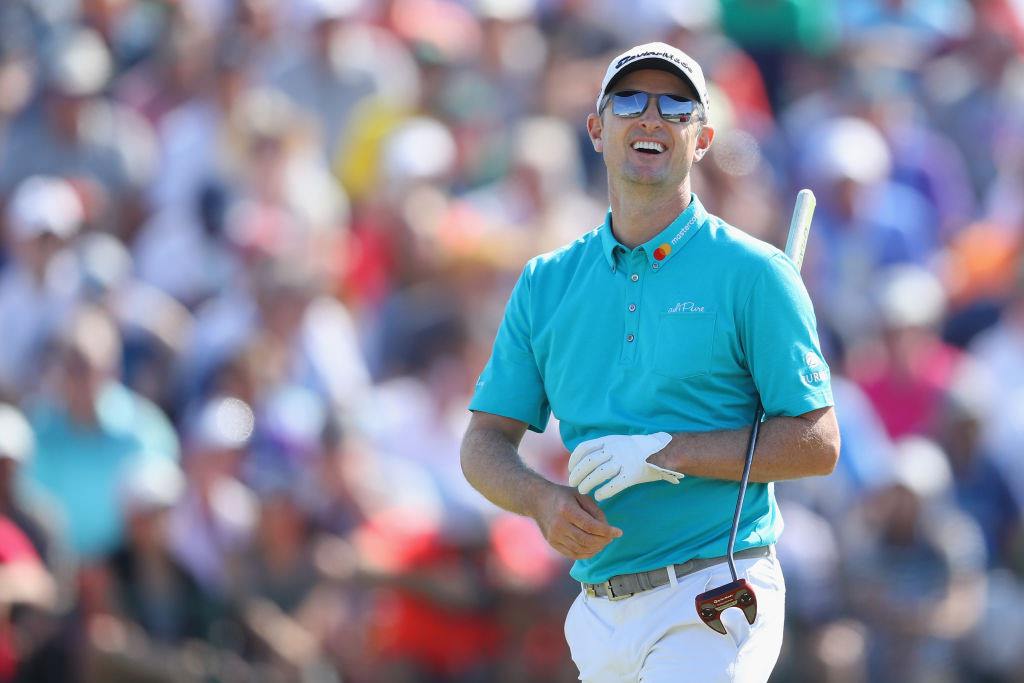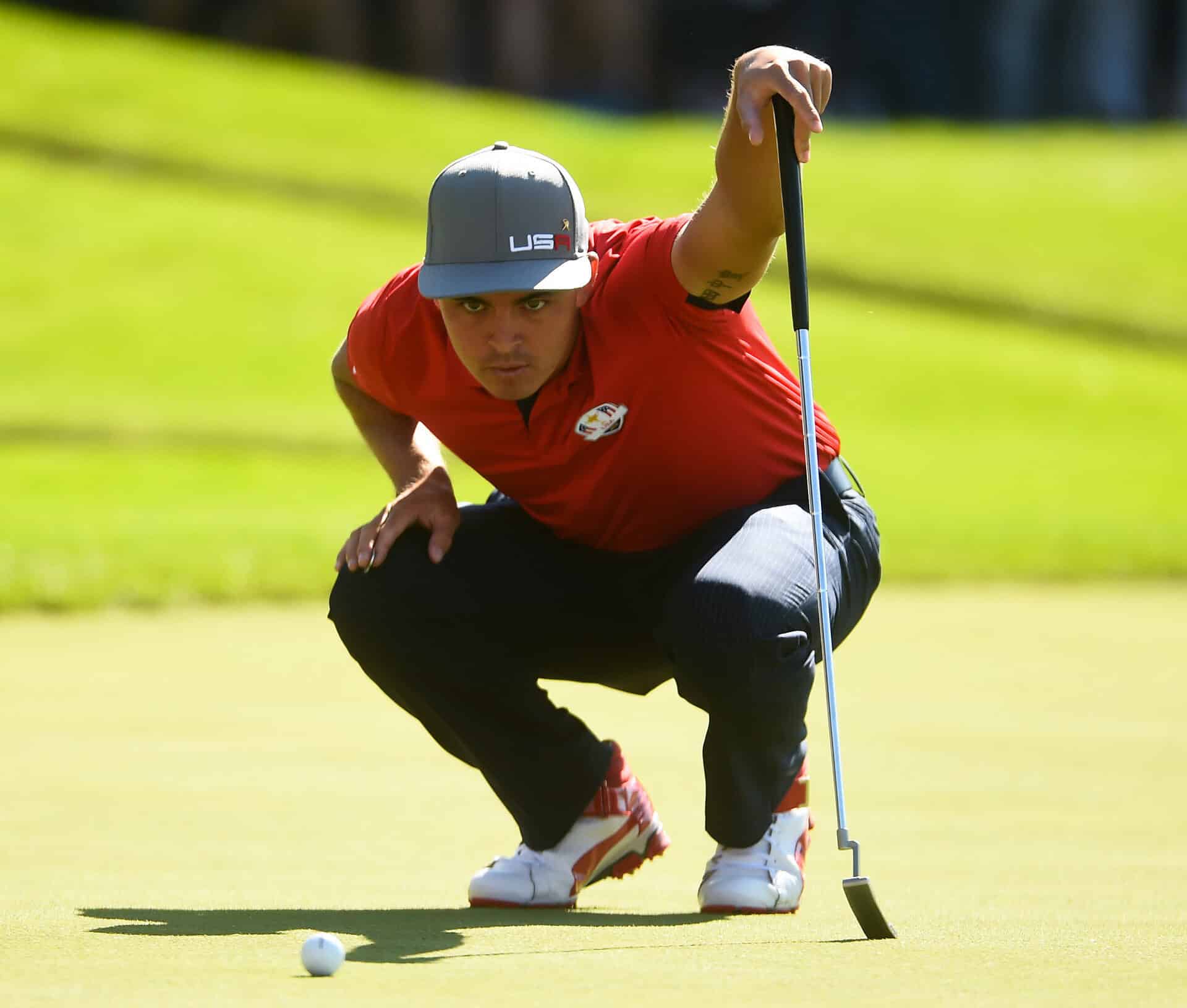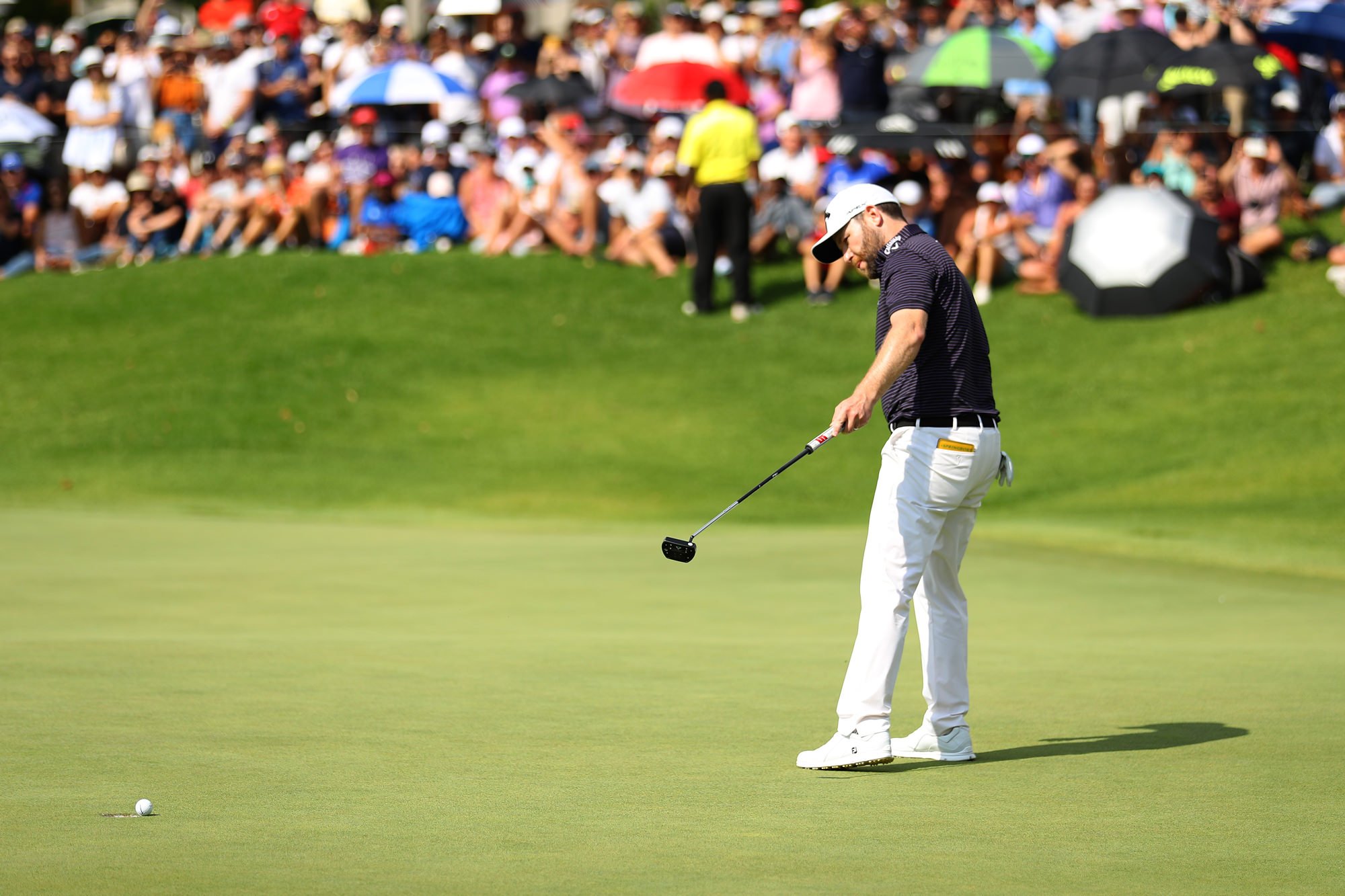
Try playing ‘no pin golf’ to improve your game
Over the past few years I have become increasingly fascinated by the concept of the ‘breakthrough’.
I have seen time and time again with the players I work with that if we can create a significant breakthrough in a certain part of their game then what follows can only be described as the ‘force of momentum’.
When one part of the system moves significantly, it creates a force – often dragging the rest of the game with it.
The mistake I see happening most often with golfers looking to improve is the opposite of this. They are far too general in their approach to improving.
This very rarely results in momentum of any kind – and certainly not into lower scores and handicap reduction.
“I want to improve my swing” or “I want to stop slicing” is far too general and almost always results in little more than a frustrating lack of progress.
But if you really drill down and get specific about your game, amazing things can happen in a relatively short time.
A decent metaphor is to think of your game as a business and ask yourself which part of the business is costing you rather than making you money?
If you had a great product and a good manufacturer but your delivery system was so poor that it was clearly losing you customers then if you had any sense you would take the appropriate action and do something about it.
Which part of your game, very specifically, is ‘costing you money’? At times it is hard to see this objectively on your own so the value of a trusted mentor or coach can be enormous.
Try ‘no pin golf’
So let’s say we really look closely at your game and we find you only hit four greens in regulation per round. What this statistic tells us is that your ability to score is being compromised every time you play by your lack of success in finding the green with your approach play.
No matter how good your short game and putting are if you only hit four greens you are on the back foot from the start.
To nudge your GIR towards six or seven per round can have a big impact on your overall score.
I would be convinced you could do this without even improving your actual swing. So many greens are missed as a result of going ‘flag hunting’.
The flag is mesmerising and will often result in shots coming up short or missing the green in the worst possible spot.
So how do you fix it? Try playing a round where you promise yourself to play ‘no pin’ golf. Your only target, no matter what club you have in your hand, is the middle of the green.
Just focus on the dead centre, widest part of the green.
Now if you pull or push your approach, or hit it a little heavy, you still have a chance to hit that green and your chance of making par or better is hugely increased.
Now get it in the hole
You haven’t finished the job, of course, but you have nudged your game in a direction that statistically matters if you want to score lower.
Another area might be your putting from between six and 20 feet.
If you are consistently three-putting two or three times a round then chances are your pace putting is poor. We found that in writing the ‘Lost Art of Putting’ that most golfers are a lot better at line than they think but a lot worse at judging pace.
Related: Why getting the line right isn’t the most important aspect of putting
To spend just a little bit more time improving your pace control on the greens may not mean you will hole a ton of those medium range putts but you will place yourself closer to the hole more often, and you help eradicate those three-putts.
Practice your pace by stroking lots of putts from random distances around the hole and aim to get the ball within a ‘horseshoe’ of a foot around the hole. If you only ever focus on the line of your putts you will probably get good at starting the ball on line but your pace will never get better unless you work at it.
Really have a good think about your game and look for the very specific areas you can drill down into and improve.
Momentum could well be then just around the corner.
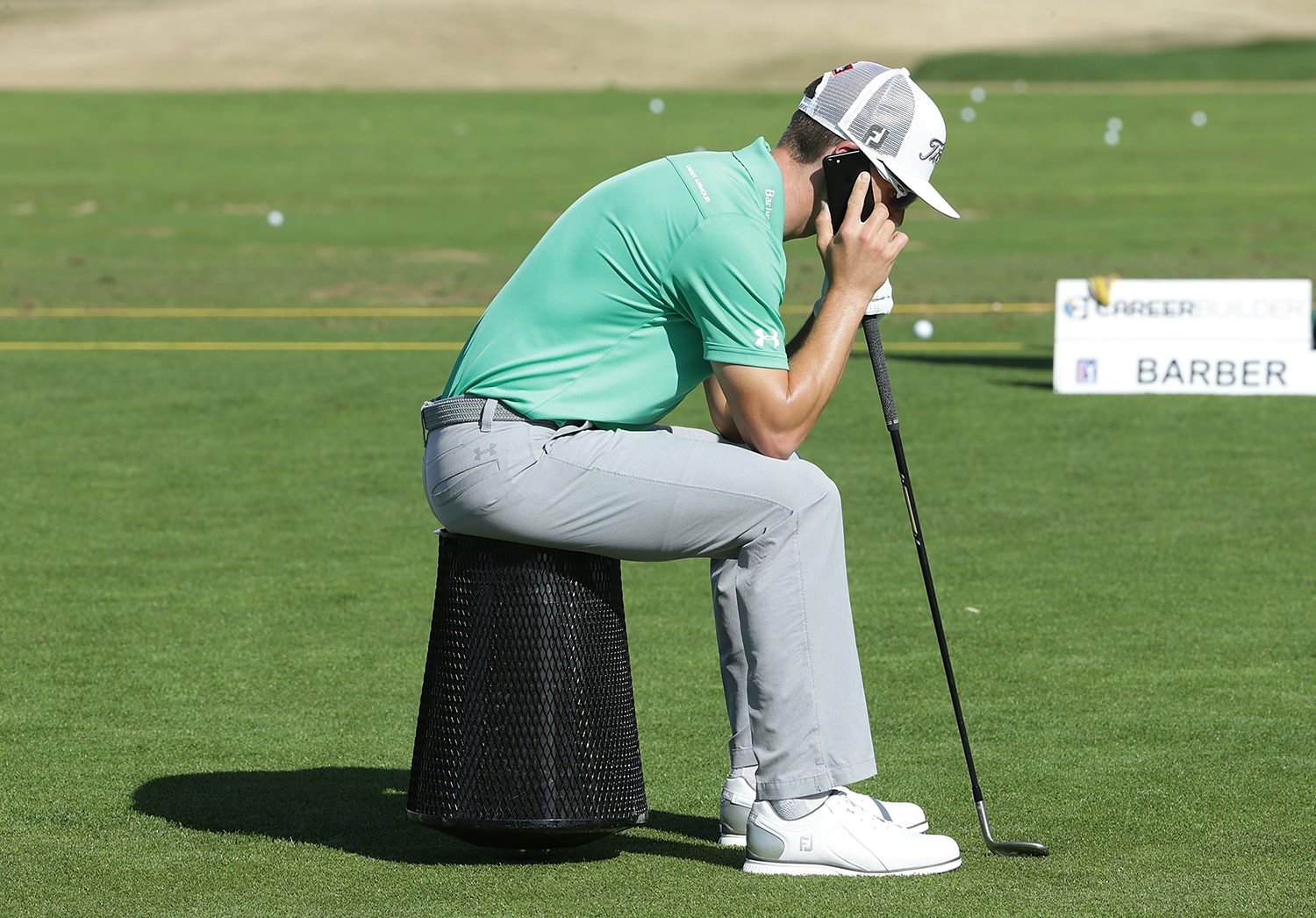
Stop wasting your time – you never know how much you have left
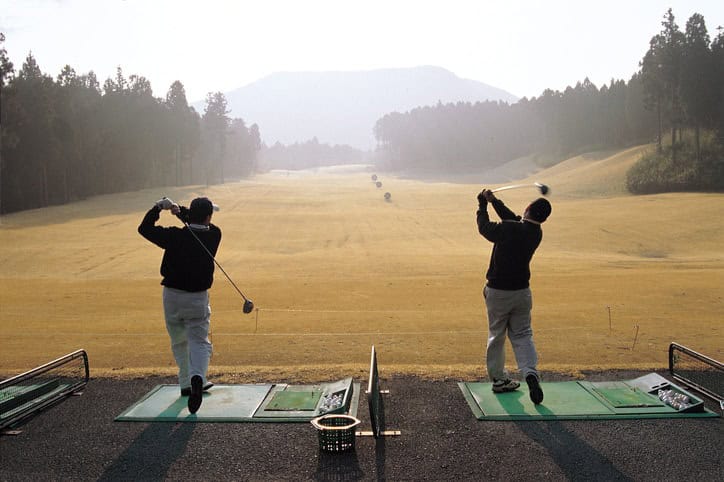
Struggling to get motivated in winter? You need ‘implementation intentions’
